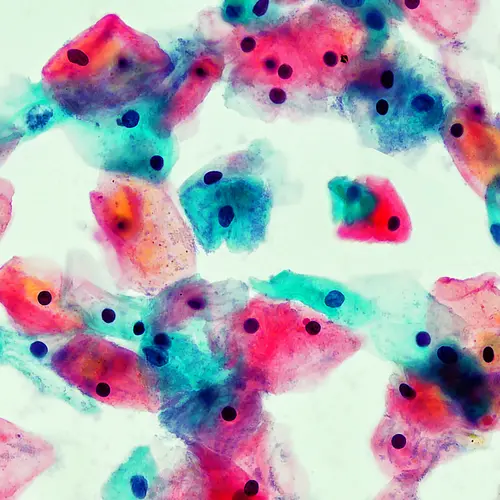If you have a blood-related cancer like multiple myeloma, your bone marrow may not be able to make enough blood cells. This is called myelosuppression or bone marrow suppression. It can also be a side effect of some cancer treatments, like radiation, chemotherapy drugs, and steroids.
Bone marrow is the soft, spongy tissue in the middle of your bones. It's where red blood cells, white blood cells, and platelets are made. Each of those plays a different role in keeping you healthy.
If you have myelosuppression, blood cells aren't replaced as they die. This can lead to:
Anemia. If you don't have enough red blood cells, your body won't get enough oxygen.
Neutropenia. White blood cells called neutrophils defend you against infections. They make up about 60% of your body’s immune system. If your body can’t make enough neutrophils, you'll have a harder time fighting off germs.
Thrombocytopenia. Platelets in your blood cause it to clot when you are injured. If you don't have enough platelets, you can bruise and bleed very easily.
Symptoms
The signs of myelosuppression depend on which type of blood cells are in low supply. In some cases, it causes only mild symptoms. But it also can lead to serious problems and even be life-threatening.
Symptoms of anemia include:
- Pale skin and lips
- Pale nails
- Fatigue
- Feeling dizzy
- Weakness
- Headaches
- Shortness of breath
- Rapid breathing
- Fast heart rate
Neutropenia doesn’t have symptoms. But if you get an infection, you might have:
- Fever of 100.5 or more
- Chills
- Shaking
- Feeling like you might faint
- Feeling dizzy
- Trouble breathing
- Stuffy nose
- Sore throat
- Mouth sores
- Diarrhea
- A wound that’s red, swollen, or warm to the touch
Symptoms of thrombocytopenia include:
- Pink or red urine
- Nosebleeds
- Small red or purple spots all over your body
- Bruises
- Bleeding that doesn’t stop when you put pressure on it
- Bleeding gums
- Dark or black bowel movements
Diagnosis and Tests
Your doctor will take a sample of your blood to check your blood cell counts. They also may order a bone marrow aspiration and biopsy, which involves taking tiny samples of marrow and bone, usually from your hip bone.
For this procedure, your doctor may give you medicine to help you relax, and you'll lie down on your side. You'll get a shot to numb the area. Then the doctor will use special needles to take the samples. It could hurt a bit and you might feel some pressure, but only for a few seconds.
Treatment
Your doctor can treat myelosuppression with:
Medications. Some medicines help your body make more red blood cells, neutrophils, or platelets. If you have thrombocytopenia, your doctor will also tell you to stop taking any drugs that thin your blood, like aspirin. If you have neutropenia, they also may give you antibiotics to treat any infections.
Change in medications. If you have neutropenia because of cancer treatments, your doctor may give you different chemo drugs or delay your next session.
Transfusion. In severe cases, you may need to get blood through an IV, which puts it directly into a vein in your arm through a small tube.
Other Health Problems
An infection because of neutropenia is the biggest concern. The most common bacterial infections include pneumonia, septicemia, cellulitis, and pyelonephritis, a severe urinary tract infection. Herpes zoster and the flu are the most common viruses.
Myelosuppression can also make your cancer treatment take longer and affect your quality of life.
Tips to Prevent Issues
If your blood cell counts are low, you can make a few changes to your daily routine to stay healthy. For example:
- Don't do any heavy lifting or activities that make you really tired.
- Try not to cough or sneeze too hard.
- Get lots of rest.
- Stay away from large crowds and people who are sick.
- Drink plenty of water.
- Eat foods high in lean protein.
- Take care of your teeth and gums.
- Don't eat hard, rough foods like raw veggies.
- If you cut or scratch yourself, clean the area right away.
Your doctor probably will recommend that you get certain vaccines to help protect you against infections like the flu and some types of pneumonia.

